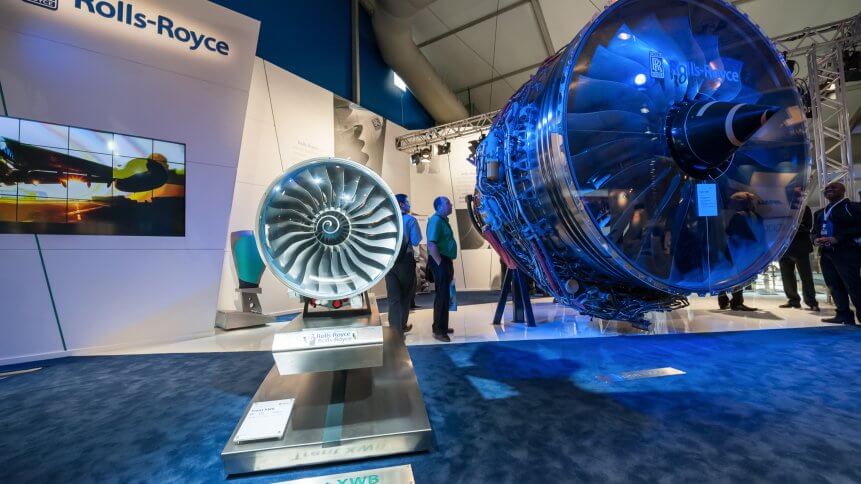Rolls-Royce leads charge in ethical AI for Industry 5.0

- The firm hopes the framework will drive the development of ethical AI across industries
- ‘It’s only with the acceptance and permission of our society – based on trust – that the full benefits of AI can be realized,’ said Rolls-Royce CEO
Engineering giant Rolls-Royce has made an ethical artificial intelligence (AI) ‘breakthrough’, which it believes could contribute to gaining society’s trust in the technology on the path to ‘Industry 5.0’.
The firm has unveiled a workable, peer-reviewed AI ethics framework, which is a method that any organization can use to ensure the decisions it takes to use AI in critical and non-critical applications are ethical. The framework, which has been reviewed by several big tech firms — as well as experts in the automotive, pharmaceutical, academic, and government sectors — will be published under Creative Commons license this year.
The framework includes a step-by-step process for ensuring the outcomes of AI algorithms can be trusted. A five-layer checking system focuses on the outputs of algorithms, not the algorithms themselves, which are constantly changing. The checking system prevents biases from developing in algorithms undetected. With results being constantly monitored, it ensures they are trustworthy.
The announcement comes following research by the firm’s R2 Data Labs, which spearheaded the research, and Rolls Royce says it marks the first time AI ethics for industrial contexts has moved beyond theory and into practical application.
The company has been using AI for around two decades, for example using the technology to monitor jet engines in service in real-time. But as it looks to extend AI to more parts of the business such as robotic inspections of critical components, actively addressing the rising concerns and discussion around ethical and transparent AI has become critical.
“Rolls-Royce’s AI capabilities are embedded deeply into other companies’ products and services and so aren’t widely known. Rolls-Royce’s AI doesn’t often feature in a consumers’ understanding of how the digital world is changing their lives,” said Caroline Gorski, Global Director of R2 Data Labs.
“The current debate about the use of AI is focused on the consumer and the treatment of consumer and personal data. But we believe that what we have created – by dealing with a challenge rooted squarely in the industrial application of AI – will help not only with the application of AI in other industries but far more widely.”
Rolls-Royce Chief Executive Officer, Warren East, stressed at London Tech Week’s AI Summit that the firm wants to move from “conversation” around concepts and guidelines of AI ethics to “applying it”.
“There is no practical reason why trust in AI cannot be created now. And it’s only with the acceptance and permission of our society – based on that trust – that the full benefits of AI can be realized, and it can take its place as a partner in our lives and work.
“As a business, we are open to collaborative innovation and we will continue to talk to key stakeholders, customers, counterparts, and technology leaders to share our work in detail to see how we can help each other progress for greater growth, wealth, and health of our world.
The two breakthroughs were made during work around an internal assurance challenge where robotic inspections were proposed for the inspections of critical components. During the peer review process, it became apparent that the framework had the potential to be applied across all uses of AI.
By making the work freely available, Rolls Royce hopes it can help organizations of all sizes grow using “AI for good, ethical outcomes.”










